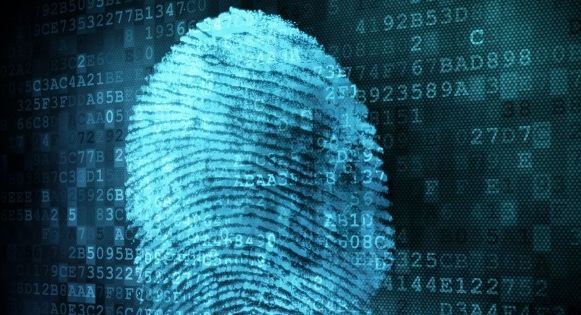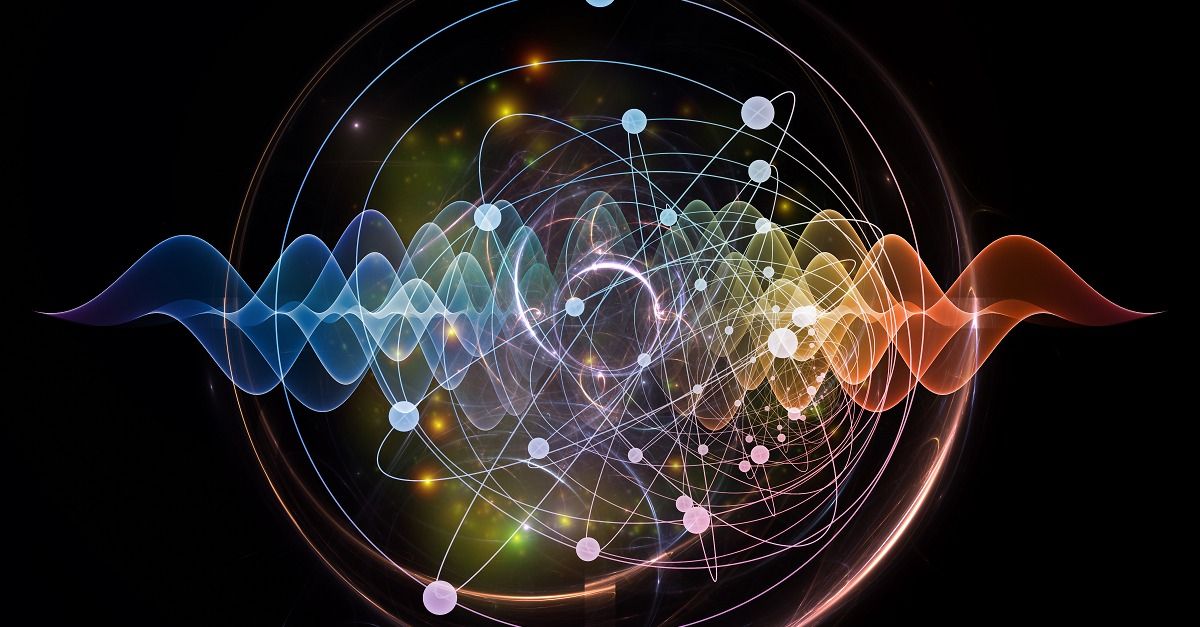Microcomputers are great for learning about code and hardware. The VoCore2 Mini is the smallest ever, packing full Linux functionality and wireless connectivity into a coin-sized device. New Atlas Deals has it for just $42.99.
This impressive little computer is capable of running programs in C, Java, Ruby, JavaScript, and many other languages. This means you can code the VoCore2 to expand its functionality, turning it into a VPN gateway, airplay music station, and much more.
You can also augment the VoCore2 with hardware components for further tinkering fun. Add a USB webcam to turn it into a home security camera, attach a microphone to issue voice commands to Siri or Echo, and so on. Your projects are limited only by your imagination.






